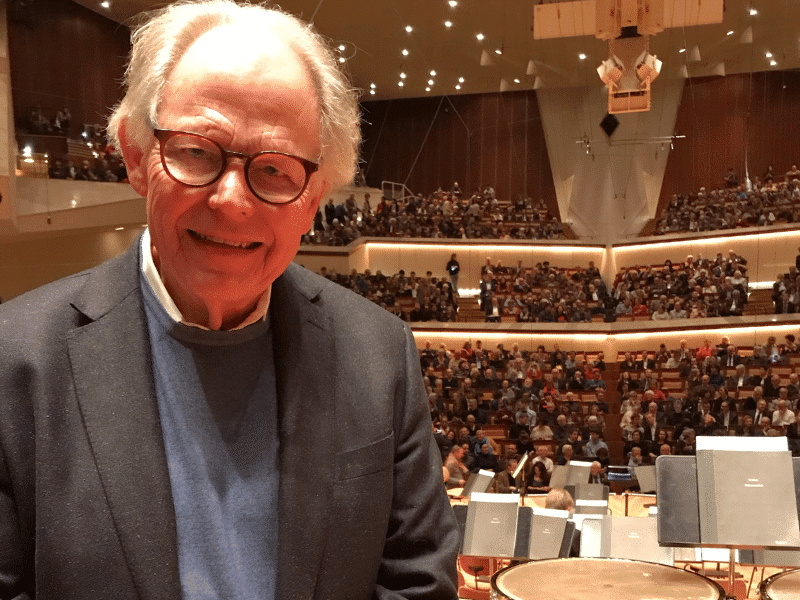Macron orders music lessons in every school in France
mainThe French government is to spend 20 million Euros ensuring that every school in the country has its own choir by 2019 and that music teachers are fully trained.
Report here.


The French government is to spend 20 million Euros ensuring that every school in the country has its own choir by 2019 and that music teachers are fully trained.
Report here.

For 38 consecutive years, the Last Night of…

Having slashed the executive team last July, the…

Urgent message from the hall: Carnegie Hall today…

Bob Bell gave almost 70 years of his…

Session expired
Please log in again. The login page will open in a new tab. After logging in you can close it and return to this page.
Comments